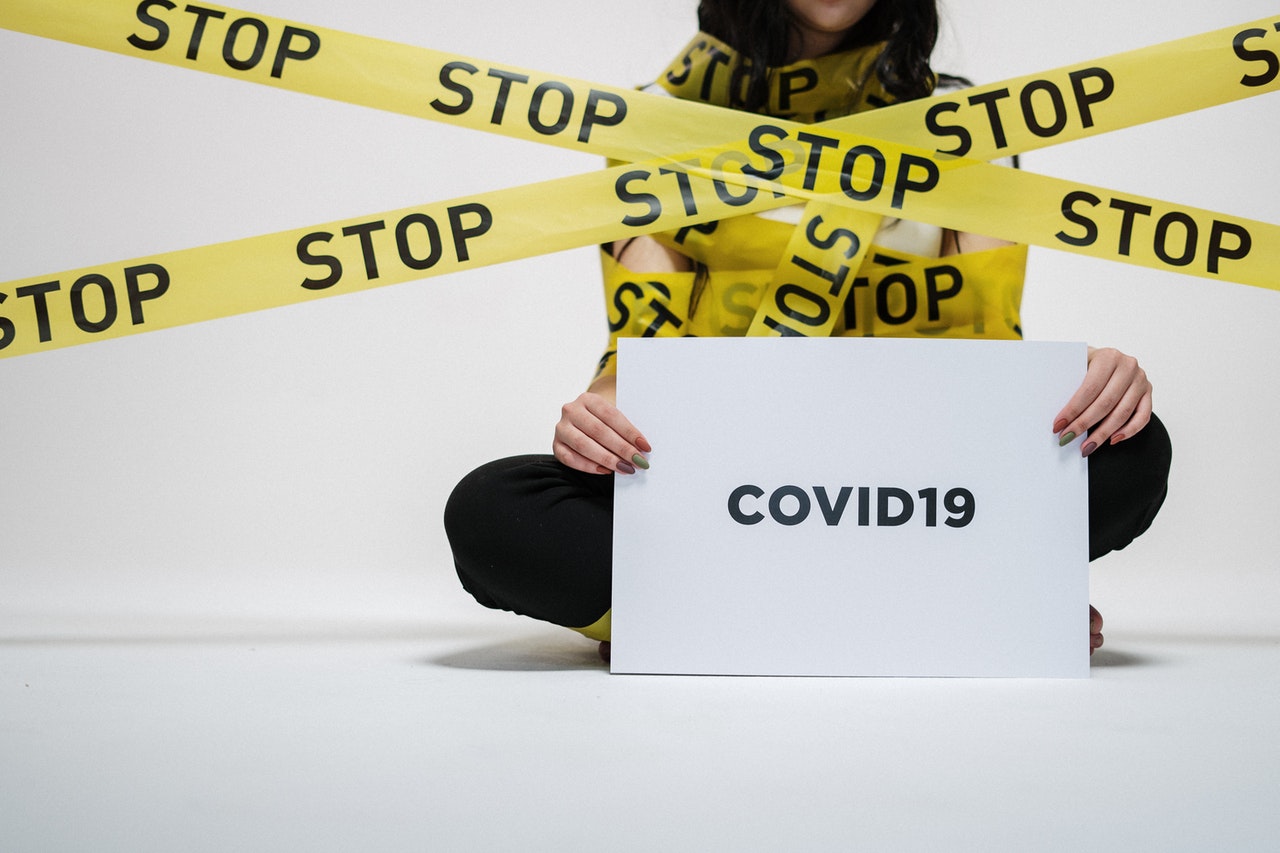The COVID-19 epidemic is showing no signs of slowing down in Europe, with numerous governments proposing new restrictions in recent days to stem a surge in new cases. In addition to the new lockdown, Austria announced this week that vaccinations will be mandatory beginning February 1, making it the first EU country to do so. However, as immunization programs proceed, it is becoming clear that a third dosage, or booster, will be required to keep the number of COVID-19 cases low.
To avoid pandemic limitations being strengthened in the UK, British Prime Minister Boris Johnson stated on Monday that being fully vaccinated no longer meant receiving two COVID shots, but rather three doses “The protection from two jabs starts to weaken with time,” he said during a press briefing.
“The third jab improves protection against symptomatic illness back up to over 90%,” he added. Since the beginning of September, the third dose has been approved for over-50s and fragile persons in the United Kingdom, with the goal of providing “10 million booster doses by Christmas,” according to Johnson.
Which countries are opting for COVID boosters?
According to AFP, many European countries have started booster campaigns in the last few weeks, but only 3.7 percent of the continent’s population has received a third injection. Iceland is among the best performers in terms of immunizations. In a population that is already 90% vaccinated, nearly one in every five persons has already received a booster shot.
Faced with a rise of instances, Iceland’s government announced new health measures for its residents last Friday, including the use of masks and the third dose for all individuals over the age of 16. According to data produced by the OurWorldinData website, Hungary and Serbia are in second and third place, respectively, with 14 and 16 out of every 100 individuals being triple vaccinated.
On Friday, the US Department of Health and Human Services stated that all people who were properly vaccinated at least six months ago might receive a third dose of COVID vaccine.
Are the elderly more in need of a third dose?
Since September, over-65s in France have been urged to get a third vaccination or face having their ‘passe sanitaire,’ or COVID health pass, stopped in mid-December. Caregivers and persons with co-morbidities, who are also eligible regardless of age, would not be denied their permit if a booster dose is not administered, according to French President Emmanuel Macron.
Spain has seen an upsurge in instances as well, and has confined its booster program to persons aged 70 and up.
The initiative is only open to people over the age of 80 in Sweden.
Third dose or no health pass?
Is it becoming more common to require a third dose in exchange for a health pass? The suggestion was rejected by the French Academy of Medicine. On October 29, the organization stated that it was opposed to the possibility, claiming that it “goes beyond” the document’s goal.
The institution said in a statement that this step “violates the role of the health pass, which was to limit the risk of viral transmission and urge the people to be vaccinated.”
In Israel, however, unless you obtained your second dose of the Covid-19 vaccination within the last six months, you will now require a third dosage in order to be eligible for a green pass, which grants access to gyms, restaurants, and other locations.
Tedros Adhanom Ghebreyesus, Director-General of the World Health Organization (WHO), called it a “shame” that six times more booster shots are given daily around the world than main doses in low-income countries, and said it “must stop now.”
“It makes no sense to offer boosters to healthy individuals or to vaccinate children when health professionals, the elderly, and other high-risk groups around the world are still waiting for their first shot,” WHO Director-General Dr. Margaret Chan said during a press conference on November 12.
Dr. David Nabarro, the WHO’s special envoy on COVID-19, believes that depending solely on a comprehensive vaccination approach is a risky strategy for wealthy countries. He told the UK parliament’s All-Party Group on Vaccines, “It has never been done before, and it would truly be an unacceptable public health strategy to do so.”
The major danger in developing new versions, according to Nabarro, is relying on current vaccines.A “combination approach” of masks and other health treatments is needed, he said, “which is to do everything necessary to empower people to prevent getting infected by the disease.”

